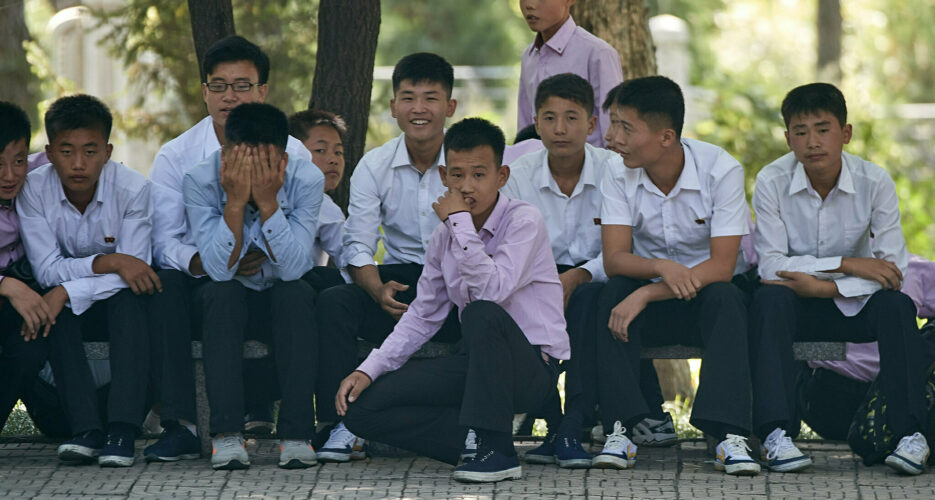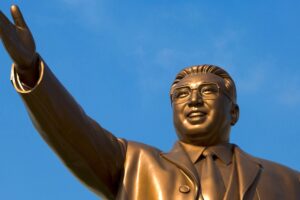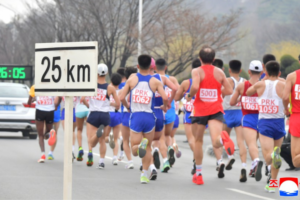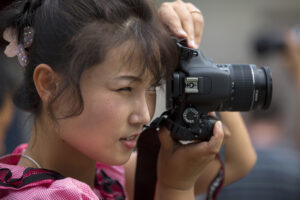Many North Korean defectors remember the late 1980s as a time when change was in the air. On the outside, their society looked solid as a rock, yet the public feeling was that this rock was going to turn into an avalanche pretty soon.
The situation in the Soviet Union was a primary trigger forcing North Koreans to doubt the stability of their society. After cooling their friendship with rapidly developing “revisionist” China, the DPRK reactivated relations with their old Soviet partner, and many North Koreans began to visit the USSR for business or study. These visits enabled them to earn sums of money which by North Korean standards were astronomic; allowing them to buy and send home lucrative commodities like fridges and fans.
Many North Korean defectors remember the late 1980s as a time when change was in the air. On the outside, their society looked solid as a rock, yet the public feeling was that this rock was going to turn into an avalanche pretty soon.
The situation in the Soviet Union was a primary trigger forcing North Koreans to doubt the stability of their society. After cooling their friendship with rapidly developing “revisionist” China, the DPRK reactivated relations with their old Soviet partner, and many North Koreans began to visit the USSR for business or study. These visits enabled them to earn sums of money which by North Korean standards were astronomic; allowing them to buy and send home lucrative commodities like fridges and fans.
Try unlimited access
Only $1 for four weeks
-
Unlimited access to all of NK News: reporting, investigations, analysis
-
Year-one discount if you continue past $1 trial period
-
The NK News Daily Update, an email newsletter to keep you in the loop
-
Searchable archive of all content, photo galleries, special columns
-
Contact NK News reporters with tips or requests for reporting
Get unlimited access to all NK News content, including original reporting, investigations, and analyses by our team of DPRK experts.
Subscribe
now
All major cards accepted. No commitments – you can cancel any time.










